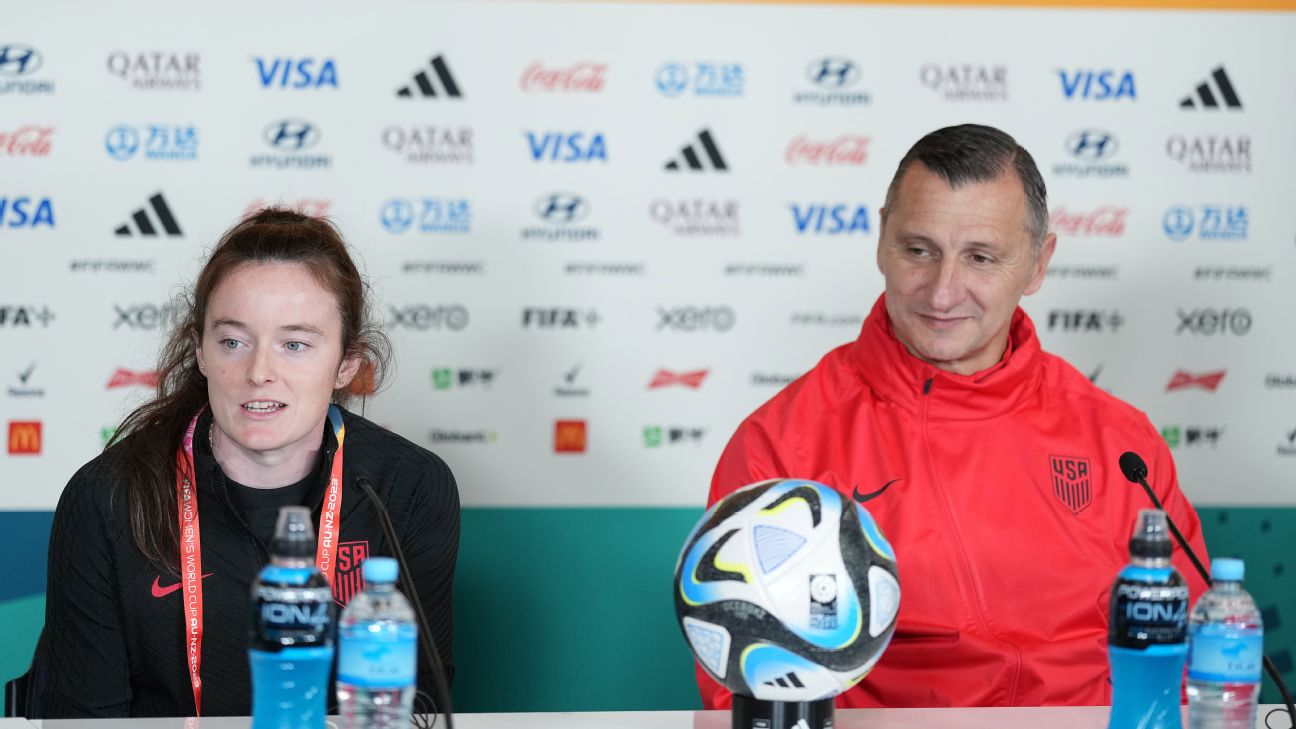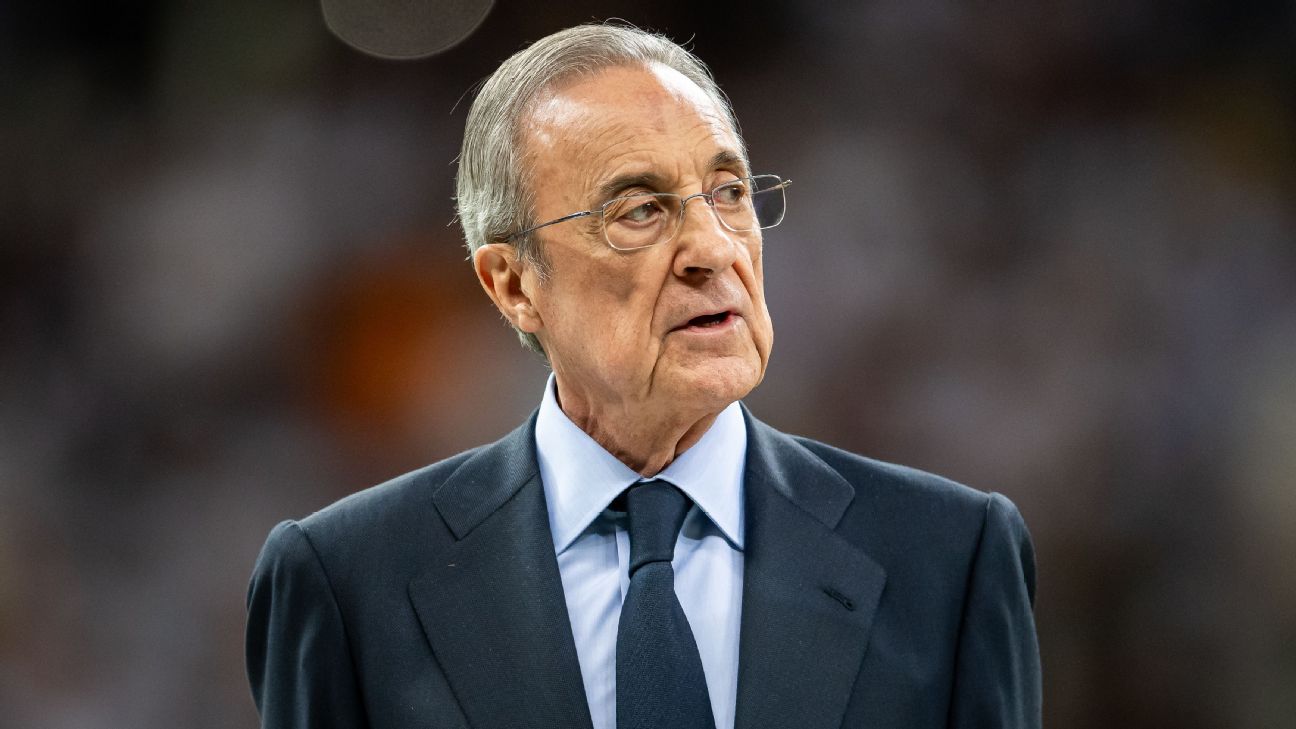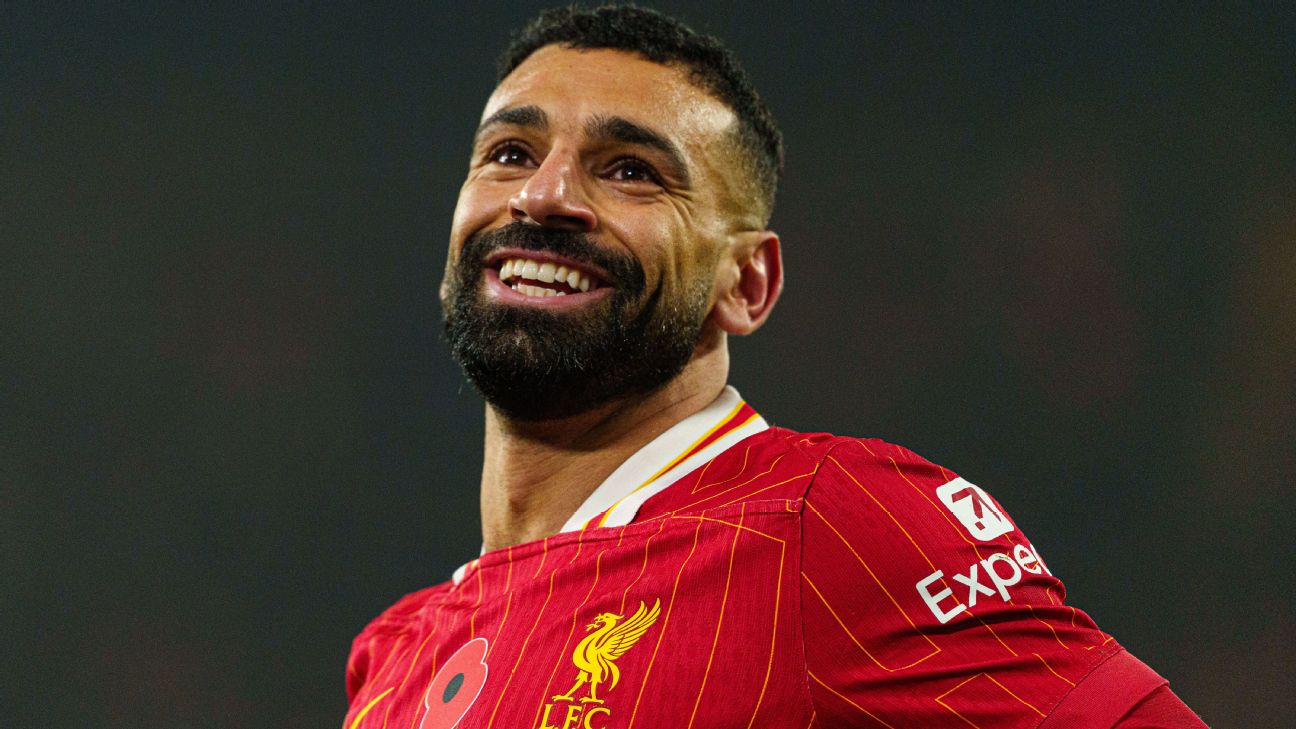WELLINGTON, New Zealand — From the moment the draw for the 2023 FIFA Women’s World Cup came out last October, there was one match among the group stage games that stood out: The U.S. vs. the Netherlands.
The match, the second for both teams in Group E of this competition, is a rematch of the 2019 World Cup final, in which the U.S. prevailed 2-0. From the kickoff that day in Lyon, the final had an air of inevitability about it. The U.S. had looked to be the best team in the tournament up to that point, and it proved it in the final. The Dutch never really got going, and a pair of goals eight minutes apart from Megan Rapinoe and Rose Lavelle put an exclamation mark on what had been a stellar run to the title for the Americans.
– Women’s World Cup: Schedule | Rosters | News
– How teams can qualify for the round of 16
Lavelle, who confirmed that she’s available for selection after coming off the bench in the tournament opener against Vietnam, recalls that the game was “fun,” but “really competitive, physical.” She added, “I think it’s a fun memory, but I think we have a new mindset for this game. I think we know every time we play Netherlands, it’s going to be a great game.”
The focus on the present makes sense for a host of reasons. Whichever team prevails in this match will likely top Group E and face one of Italy, Argentina or South Africa if Sweden tops Group G.
More pragmatically, four years is an eternity in the international game. Players, coaches and tactics can all change. Such is the case this time, with Andries Jonker now in charge of the Dutch and Vlatko Andonovski taking over the U.S. job back in 2019. Fourteen players from the U.S. are taking part in the first World Cup, while the Netherlands has moved to a 3-4-3 format, better to take advantage of its talent in midfield. Those aspects should make for an intriguing encounter.
“I’m sure it’s going to be a challenge,” said Andonovski about the upcoming match. “They’re a great team — a very organized, very disciplined team — and we saw in their first game that they can threaten. But at the same time, I want to say that we’re ready for it. We’ve trained a lot for this tournament and especially for this game.”
For years, there has been the sense that as European countries invest more in the women’s game, they’ve begun to close the gap that has existed between the U.S. and the chasing pack. Jonkers believes his team is ready to put that theory to the test.
“The intensity in European football really has grown the last couple of years, as well as the fitness,” Jonkers told ESPN’s Fresia Cousiño Arias in comments that were translated. “In the past, the American women were a lot fitter than the rest of the world, but I really think those days are over. If you look at the Champions League nowadays, you see the same level of intensity. So the big question is now: What is left of their superiority? Let’s see about that.”
Some might say it’s confidence that keeps the U.S. apart from its peers. The Americans, especially at the past two World Cups, have carried themselves with a belief that borders on arrogance, which has resulted in perhaps winning some games before they start. Even when a match doesn’t go their way, there’s a sense that if there’s one minute left on the clock, that’s enough time to turn things around. It’s a trait Jonker admires.
“I’m from Amsterdam, so I’m familiar with a confident attitude,” Jonkers said. “If you perform at such a high level for a long time, you are allowed to have a great amount of confidence. But on the other side, pride comes before a fall, so it’s on us to be the first to show their time to fall has come.”
Alyssa Thompson and Naomi Girma share the USWNT’s expectations ahead of their massive game vs. the Netherlands.
Netherlands captain Sherida Spitse noted that difference in the respective teams’ attitudes, stating that the Dutch “are a bit more reserved” than the U.S. “but that doesn’t mean that we think we are super afraid of them. We’re not, because we know what we’re capable of, too.”
A more constructive comparison of where the two teams sit might be the quarterfinal matchup between these two sides at the Tokyo Olympics two years ago. The U.S. prevailed on penalties after things finished 2-2 in normal time. Lieke Martens missed a late penalty that should have tipped the match in the Netherlands’ favor.
“That one was very painful, personally as well,” she said to ESPN about the Olympic defeat. “In the end, we lost with penalties, and also the one I missed during the match. It was the moment I thought, ‘Now we can beat them.’ The players on the field were not the only ones who felt that, but also the people around us. Unfortunately, we didn’t succeed. It would be great if we succeed this time.”
Outwardly, that looks a tougher proposition this time around. Dutch striker Vivianne Miedema — scorer of both Dutch goals in that quarterfinal — isn’t available, felled by a torn ACL. Lineth Beerensteyn, the player expected to pick up some of the scoring slack in Miedema’s absence, seems likely to miss the match as well because of an ankle injury, with Jonkers stating Tuesday there was a “3% chance” the Juventus forward would play. At Wednesday’s news conference, Jonkers said it would take “a miracle” for Beerensteyn to play.
That said, the Dutch still have plenty of ability — especially in midfield, where the ball progression of Jill Roord and the scrappy play of Danielle van de Donk do plenty to complement Martens’ enigmatic play. The Netherlands also showed off their set-piece prowess in their opener against Portugal, with Stefanie van der Gragt’s header from a corner giving the Dutch the only goal of the game.
USWNT camp reports:
– Inside the USWNT’s official base camp: ‘We are treated like Queens’
– How are USWNT players spending their downtime?
– What it’s like to feed a World Cup team
Given their level of talent, the Netherlands is one of the few teams that can play on level terms against the Americans, but it’s worth noting that can work in the U.S. team’s favor as well. The Dutch are unlikely to sit in the same kind of defensive low block that Vietnam did. For that reason, there are bound to be opportunities in transition that the likes of Lavelle, Sophia Smith and Alex Morgan can exploit.
Oh, and the Americans’ trademark confidence hasn’t gone anywhere.
“It comes down to our team chemistry and what we have to bring, and the style that we’ve been working on over the last year or two under Vlatko,” forward Alex Morgan said. “And we’re feeling really good going into this match.



